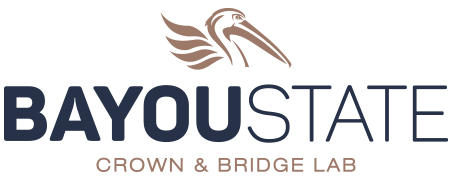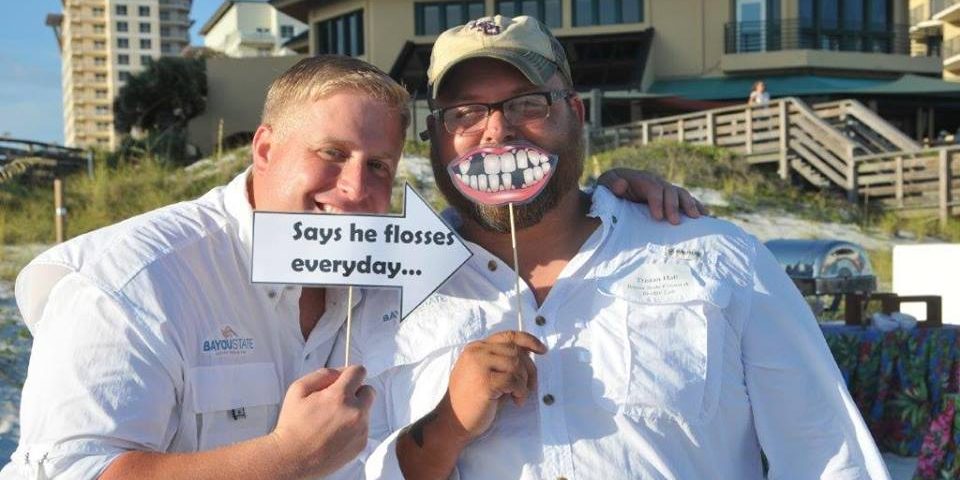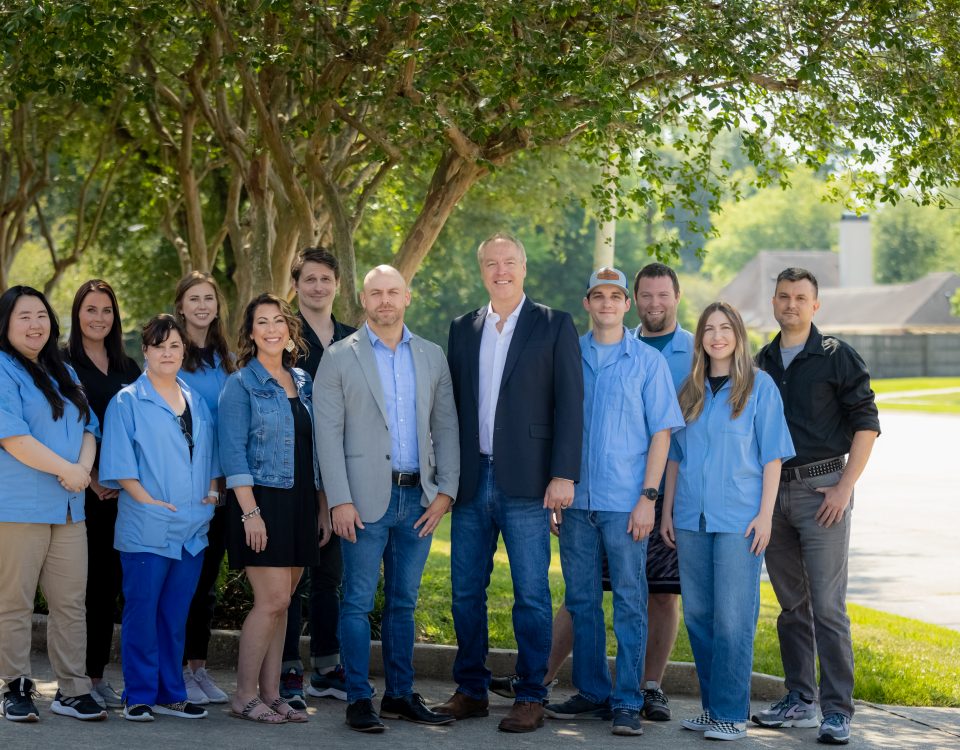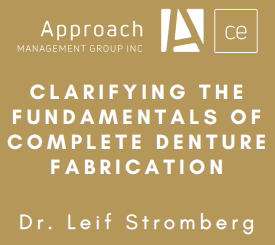- How can we help?
- +1 800-320-0230
- 225-927-8917
- info@bayoustatelab.com
Summer Education Conference 2018

NODC 2018
May 7, 2018
LDA Foundation Fishing Rodeo 2018
July 12, 2018
BAYOU STATE IS PROUD TO BE A
LDA PREMIER EVENTS SPONSOR
2018 LDA Summer Education Conference
Wed. - Sat., June 20 - 23, 2018
C.E. 8 a.m. to noon each day (up to 16 hours of CLINICAL C.E.)
We are excited to be back in sunny Pensacola, FL this year for the LDA Summer Edu!
We are going to sponsor volleyball again with some great swag bags for those who sign up.
We will have our table set-up there as well so come by and see us. Below are the meeting details and link to register online. We look forward to seeing everyone there!
CLICK BELOW TO VISIT THE LDA WEBSITE FOR MORE INFO ON HOTEL AND MEETING AND TO REGISTER.
http://www.ladental.org/ce-and-events/lda-eventsregistration/summer-education-conference
Speakers and Course Descriptions
Wednesday, June 20 (8 a.m. to noon)
Dr. Daniel Pompa, "Actions and Algorithms for Medical Emergencies: How to Save a Life (Including Your Own)"
 Course Description: There are more medically compromised patients coming to our offices than ever before. Acquire “up to the minute” actions for dealing with a medical emergency while challenging preconceived or outdated ideas. Dr. Daniel Pompa will discusses the prevention, preparation, recognition and management of medical emergencies, delivered in an interactive, high energy, multi-media presentation, frequently described by attendees as “highly informative,” “engaging,” and
Course Description: There are more medically compromised patients coming to our offices than ever before. Acquire “up to the minute” actions for dealing with a medical emergency while challenging preconceived or outdated ideas. Dr. Daniel Pompa will discusses the prevention, preparation, recognition and management of medical emergencies, delivered in an interactive, high energy, multi-media presentation, frequently described by attendees as “highly informative,” “engaging,” and
“exceptional.” A step-by-step medical approach using basic physical diagnostic methods is reviewed, giving the attendee a clear understanding of these medical findings.
Attendees will explore the “Conversational History” and how it will uncover medical issues not revealed by the standard health history form. Additionally, the participant will learn simple, non-invasive critical tests that can reduce overall risks. We clearly delineate indications for emergency drug use and proper dosages, as well as demonstrate how to assemble and maintain an ideal emergency drug kit. The newest techniques for drug administration will be shown for participants to hone their skills utilizing simulation models and real drugs. Dr. Pompa may incorporate live demonstrations to enhance the learning experience depending on the venue format.
Attendees will receive and review color-coded instructional cards depicting the most common life-threatening situations with algorithms providing an easy to follow action plan for both dentist and team members. We will also review the legal and moral obligations that are presented during a medical crisis. A CRISIS SITUATION can—and likely will—occur at some time in your practice. Many potential medical emergencies can be prevented. Gain a comprehensive command of the essential knowledge and skills needed to handle a life threatening medical crisis.
Course Objectives - Upon completion of this course, attendees should be able to:
- Perform three simple chair-side, non-invasive tests to help avoid an emergency.
- Recognize the most frequent life threatening emergencies and know when and why they occur.
- Review a systematic approach to treat the most common life-threatening scenarios.
- Develop a plan for the office team when dealing with a crisis event.
- Determine when to administer the essential “Top 10” emergency drugs.
- Understand legal and moral obligations presented by medical emergencies.
Credit: 4 clinical C.E. hours
Dr. Daniel Pompa is a fellow in both the American Association of Oral and Maxillofacial Surgeons and the International Congress of Dental Implantologists. Dan has been a guest lecturer at Columbia University College of Dental Medicine, New York University College of Dentistry and the University of Florida College of Dentistry. He has practiced as an oral surgeon for over 30 years in New York and now spends his time presenting his lecture series. He is also an inventor, having been issued a U.S. Patent for his innovative work in dental implantology.
Thursday, June 21 (8 a.m. to noon)
Dr. Henry Gremillion, "The Anatomy of Occlusion: Multiple Inter(faces)"
 Course Description: Physiologic occlusal function is a key component in the long-term stability of the masticatory system. The dynamic nature of this complex system necessitates a thorough assessment of the occlusal relationships as they relate to sign and symptom development and maintenance. A causal relationship between mechanical stresses such as those associated with bruxism and TMD has been suggested. As forces enter the masticatory system at the occlusal interfaces they are dissipated through many other interfaces such as the hard and soft tissue supporting structures, the musculature, and the temporomandibular joint complexes. This program will provide the participant with current information regarding the effects of these mechanical stresses on the various components of the masticatory system. Management of these maladaptive forces will be discussed.
Course Description: Physiologic occlusal function is a key component in the long-term stability of the masticatory system. The dynamic nature of this complex system necessitates a thorough assessment of the occlusal relationships as they relate to sign and symptom development and maintenance. A causal relationship between mechanical stresses such as those associated with bruxism and TMD has been suggested. As forces enter the masticatory system at the occlusal interfaces they are dissipated through many other interfaces such as the hard and soft tissue supporting structures, the musculature, and the temporomandibular joint complexes. This program will provide the participant with current information regarding the effects of these mechanical stresses on the various components of the masticatory system. Management of these maladaptive forces will be discussed.
Course Objectives - Upon completion of this course, attendees should be able to:
- Review basic anatomical relationships key to understanding of masticatory system orthopedics.
- Enhance recognition of the destructive effects of maladaptive occlusal relationships at the various interfaces of occlusion.
- Conceptualize management of mechanical stresses in the masticatory system via reversible approaches to care (occlusal orthosis therapy).
Dr. Henry Gremillion is a 1977 graduate of Louisiana State University School of Dentistry. He maintained a private general dental practice in Cottonport, La. from 1977 to 1989. He then completed a two-year fellowship in Craniofacial Pain and Dysfunction at the University of Florida College of Dentistry under the mentorship of Dr. Parker E. Mahan. While at the University of Florida College of Dentistry he served as director of the Parker E. Mahan Facial Pain Center and directed a fellowship program in orofacial pain from 1992-2008 and was on the active dental staff of Shands Teaching Hospital during that period. He also held the P. E. Mahan Endowed Professor in Orofacial Pain in the Department of Orthodontics and held an affiliate appointment in the Department of Prosthodontics at the UFCD. He is the recipient of the 2008 Academy of General Dentistry’s Thaddeus V. Weclew Award for contributions to the art and science of dentistry. He received the Dawson Academy Career Service Award in February 2009 and the American Academy of Orofacial Pain Career Service Award in April 2010. In October 2008, he was named Dean of Louisiana State University School of Dentistry and is the E.E. Jeansonne Endowed Professor of Lifelong Learning. He serves or has served as a consultant in the field of temporomandibular disorders and orofacial pain for the U.S. Army, U.S. Navy, U.S. Air Force, ADA Council on Dental Practice, and the Comprehensive Dentistry Program at UFCD. He also serves or has served on the editorial boards of the Journal of Prosthetic Dentistry, Journal of Craniomandibular Practice, and Journal of the Academy of General Dentistry. He has lectured extensively in the U.S. and abroad and has authored/co-authored numerous scientific articles, abstracts, and book chapters. His research interests include temporomandibular disorders, bruxism, and psychosocial aspects of orofacial pain. His major clinical interest is the diagnosis and management of orofacial pain.
Friday, June 22 (8 a.m. to noon)
Dr. Daniel Pompa, "To Pull or Not to Pull"
Course Description: This course will describe the indications and contraindications, for performing or referring a patient for Apical Surgery. With the correct history, radiographic and clinical evaluation, the decision to perform an Apicoectomy will be weighed against further evaluation, a retreatment option, or extraction. Then a decision is more accurately made as to whether an implant or Fixed Bridge (Fixed Partial Prosthesis), a Removable Prosthesis (Fixed or Transitional Temporary Prosthesis), or doing nothing would be the final treatment plan offered to the patient. The specific workup (checklist) is frequently overlooked, leading to a less than ideal outcome. This course discusses and reviews all options when a tooth is ailing or failing.
Course Objectives - Upon completion of this course, attendees should be able to:
- Understand the radiographic technique to use when evaluating a tooth for fracture.
- List the seven step workup consisting of procedures and tests that should be used when performing, or referring a patient for an Apicoectomy.
- Understand the principles of GTM, and know the indications for the final prognosis.
- Recognize that the location of a fistula is the key critical diagnostic indicator for the final prognosis.
- Identify the signs to differentiate between endo/perio defect vs. perio/endo defect, and to understand the difference with respect to the prognosis.
Saturday, June 23 (8 a.m. to noon)
Dr. Liz Kidder, “Identifying Sleep-Disordered Breathing in the Dental Patient”
 Course Description: In this course, participants will learn about the emerging study of sleep-disordered breathing as it relates to dentistry and how it can be identified primarily by dental professionals. A brief summary of the scope of sleep-disordered breathing will be reviewed, and the different spectrum of the diseases that it encompasses will be discussed. We will take an in-depth look at the identifying characteristics of our patients who could potentially be suffering from sleep-disordered breathing and co-morbidities associated with these disorders. Finally, screening and treatment options will be discussed.
Course Description: In this course, participants will learn about the emerging study of sleep-disordered breathing as it relates to dentistry and how it can be identified primarily by dental professionals. A brief summary of the scope of sleep-disordered breathing will be reviewed, and the different spectrum of the diseases that it encompasses will be discussed. We will take an in-depth look at the identifying characteristics of our patients who could potentially be suffering from sleep-disordered breathing and co-morbidities associated with these disorders. Finally, screening and treatment options will be discussed.
Course Objectives - Upon completion of this course, attendees should:
- Understand the basic principles of sleep medicine and what occurs during both normal sleep, and during sleep in a patient suffering from sleep disordered breathing.
- Be able to identify the specific patient populations that suffer from sleep disordered breathing, and specific signs and symptoms each population will present with to the general dentist.
- Understand the basic screening devices that can be utilized by dentists to screen for sleep disordered breathing, the appropriate referral pathways to pursue when a patient needs medical treatment, and the tools the general dentist can utilize to treat patients who cannot be helped with what is currently available from our colleagues in medicine.
Credit: 4 clinical C.E. hours
Dr. Liz Kidder is a 2006 graduate of the University of Minnesota School of Dentistry. Following dental school, she completed an AEGD residency program at the VA Hospital in Milwaukee, Wisconsin. She has practiced in a variety of settings throughout her career, including hospital dentistry, group practice, corporate dentistry, and private practice dentistry. She currently maintains a full-time, restorative dental practice with her husband in Baton Rouge, La.




